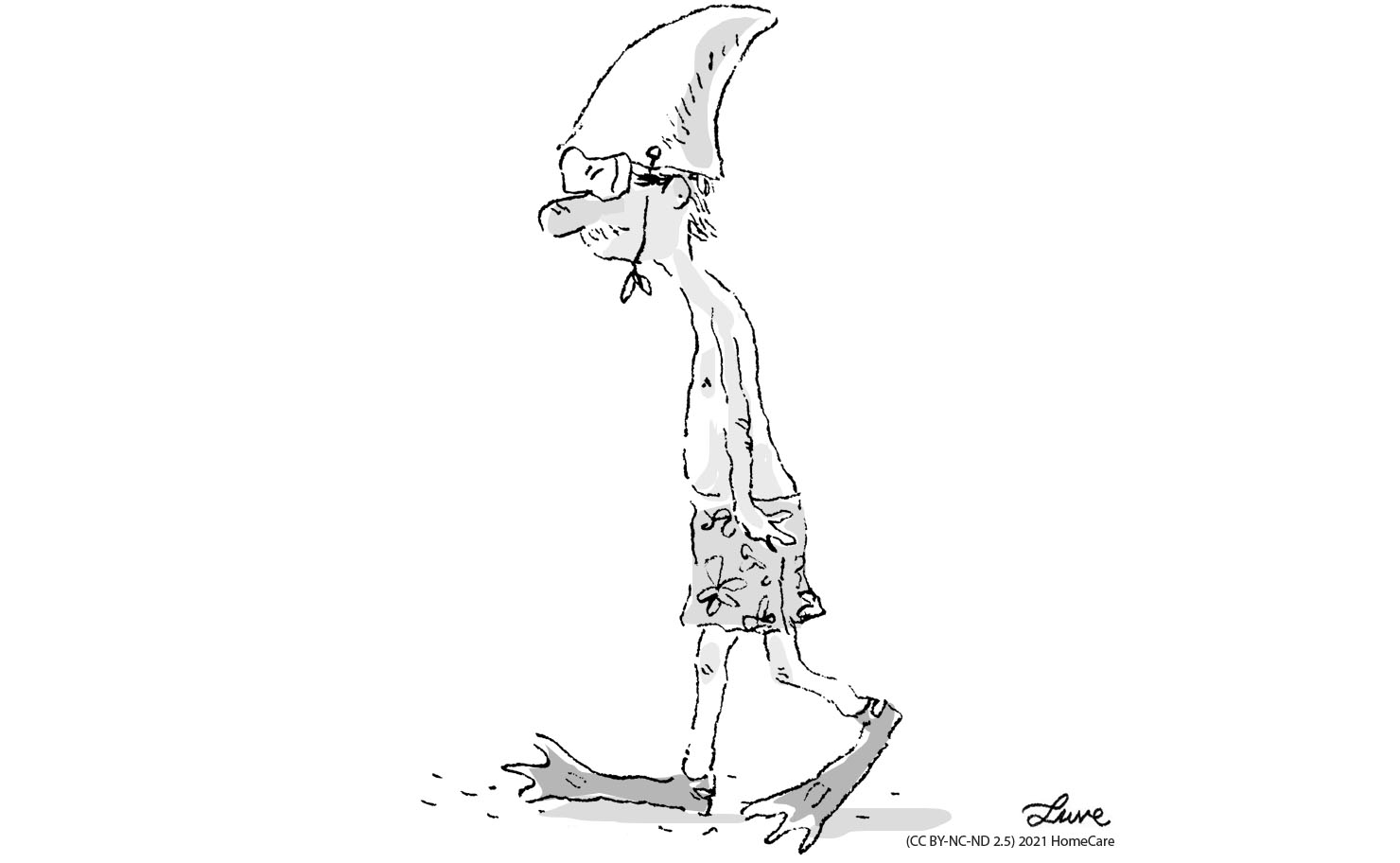
Whenever Mr Huxley felt down he was going for a swim.
People, including the elderly and dependent people, experience depression in a variety of ways; the type and degree of symptoms may vary from one person to other, and may change over time.
However, it is important to bear in mind that depression in the elderly or dependent people may be easily confused with the symptoms of diverse illnesses or the medicines used to treat them. (Casarella, 2020)
The origins of depression in the elderly or dependent people can be rooted in different factors, such as having one or more chronic diseases (namely diabetes, cardiovascular disease, ischemic heart disease, chronic obstructive pulmonary disease (COPD), cancer, etc.).
It is also true that there are also drugs which are more likely to provoke depression. (ORPEA, 2019)
All in all, depression in your cared ones needs to be understood differently from depression in younger people. In older adults, it is linked to a higher risk of cardiac diseases and the possibility of death from any illness they are dealing with. In addition, depression reduces an older person’s ability to rehabilitate or recover from their pathologies, in other words, depression substantially increases the likelihood of death from those illnesses. (Casarella, 2020)
For that reason, it’s important to make sure that your cared ones are evaluated and treated, even if the depression is mild. It may be manifested in various symptoms that, as it has been explained before, may be overlapping with those from other illnesses.
These may include the following:
![]() Feelings of sadness, tearfulness, emptiness, or hopelessness
Feelings of sadness, tearfulness, emptiness, or hopelessness
![]() Loss of interest or pleasure in most or all normal activities
Loss of interest or pleasure in most or all normal activities
![]() Sleep disturbances and changes in sleep patterns
Sleep disturbances and changes in sleep patterns
![]() Tiredness and lack of energy
Tiredness and lack of energy
![]() Change in eating habits resulting in unintentional weight gain or loss
Change in eating habits resulting in unintentional weight gain or loss
![]() Anxiety, agitation, irritability, or restlessness
Anxiety, agitation, irritability, or restlessness
![]() Slowness in reasoning, speech, or body movements
Slowness in reasoning, speech, or body movements
![]() Difficulty in thinking, concentrating, making decisions, or remembering things
Difficulty in thinking, concentrating, making decisions, or remembering things
![]() Feelings of worthlessness
Feelings of worthlessness
![]() Guilt or self-blame for things that are not your responsibility
Guilt or self-blame for things that are not your responsibility
![]() Ongoing physical symptoms that do not respond to treatment, such as headaches, digestive disorders, and chronic pain
Ongoing physical symptoms that do not respond to treatment, such as headaches, digestive disorders, and chronic pain
Back Next
![]()
Burnout, Depression and Social Exclusion of the Caregiver:52% complete
